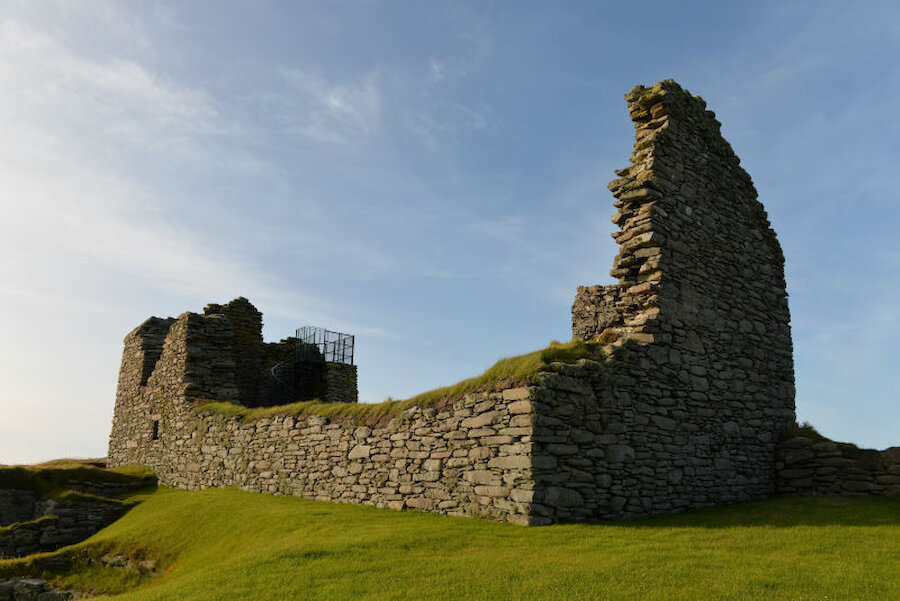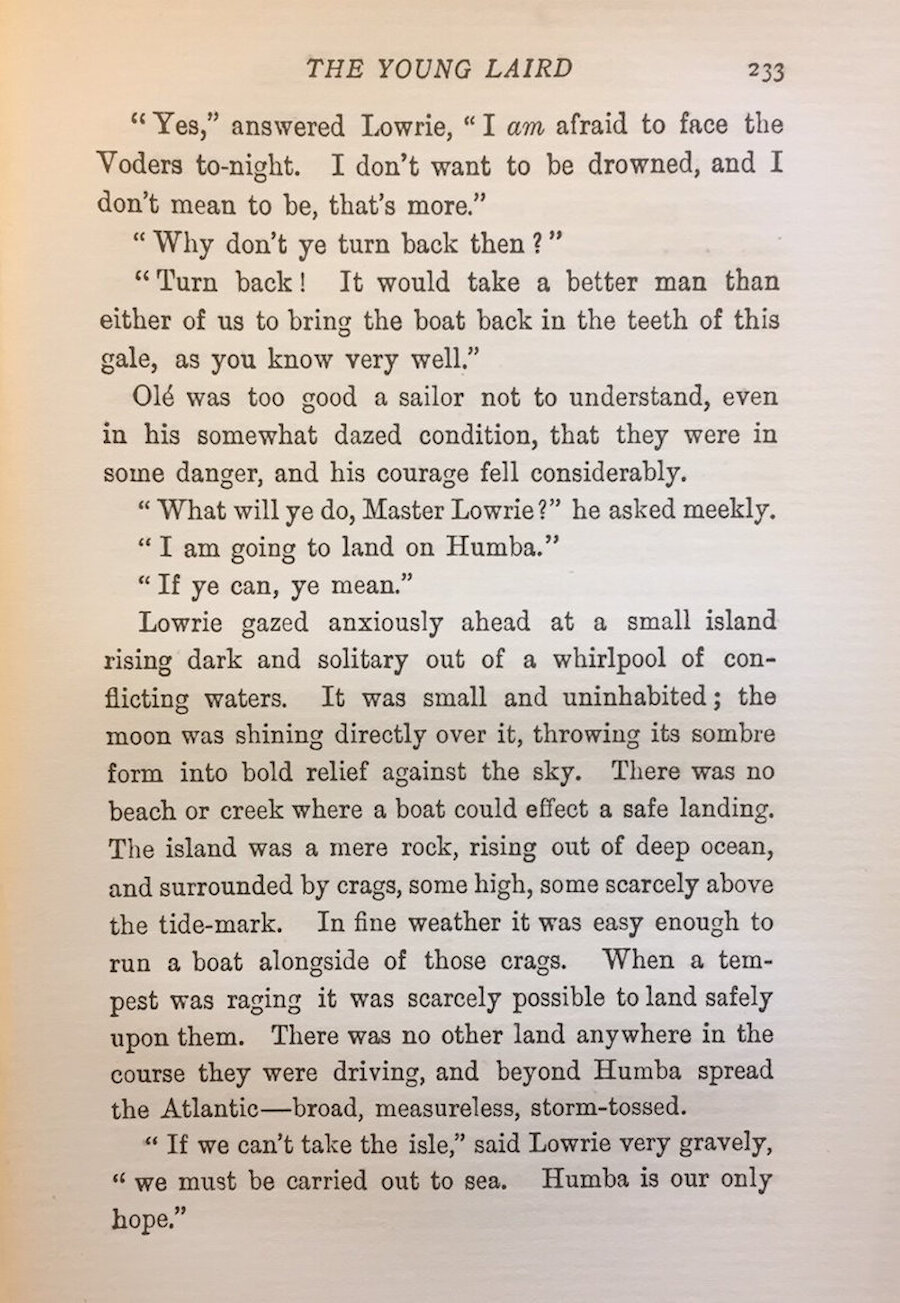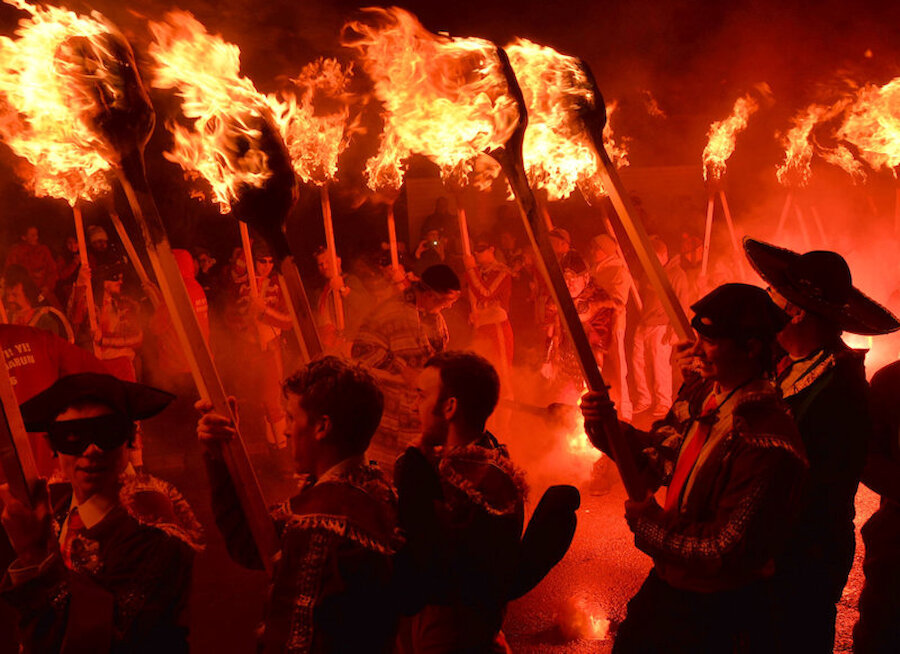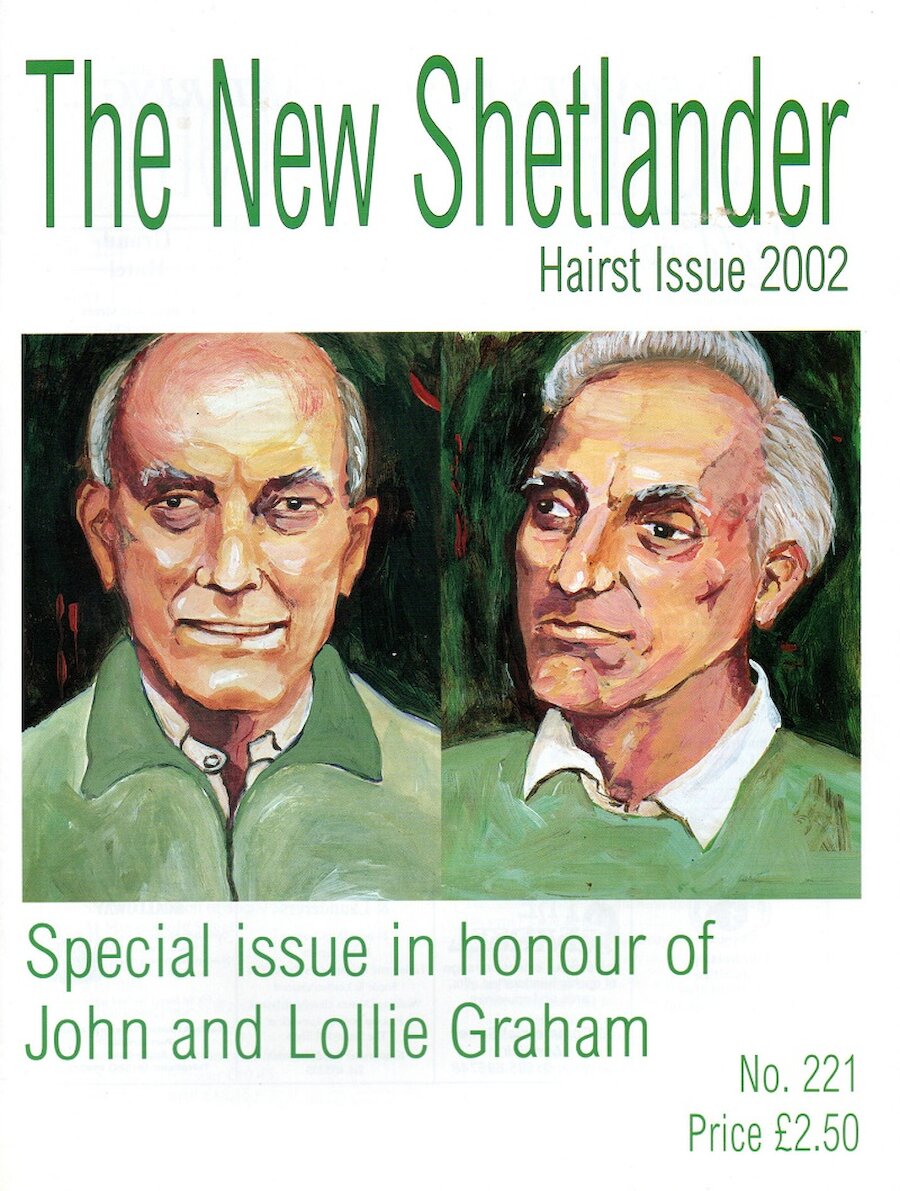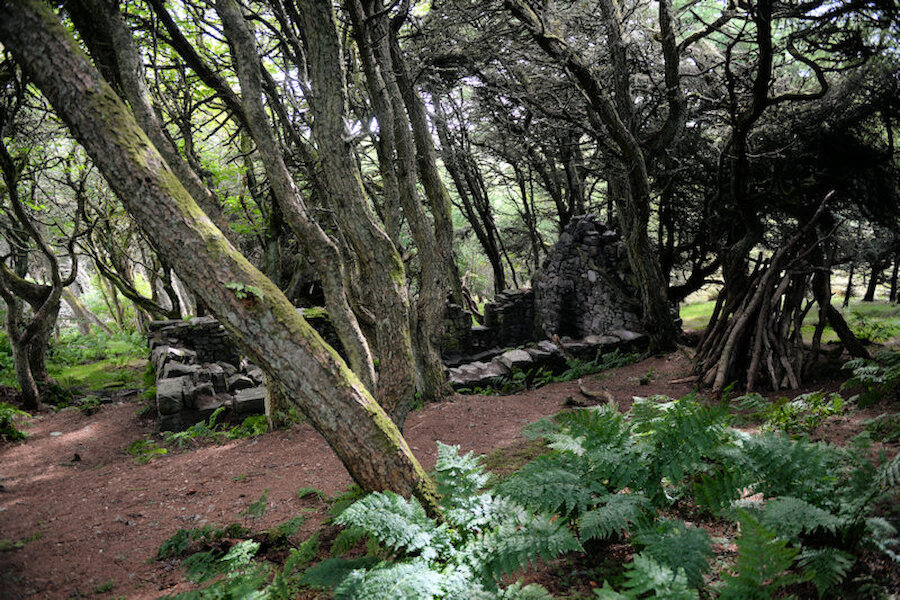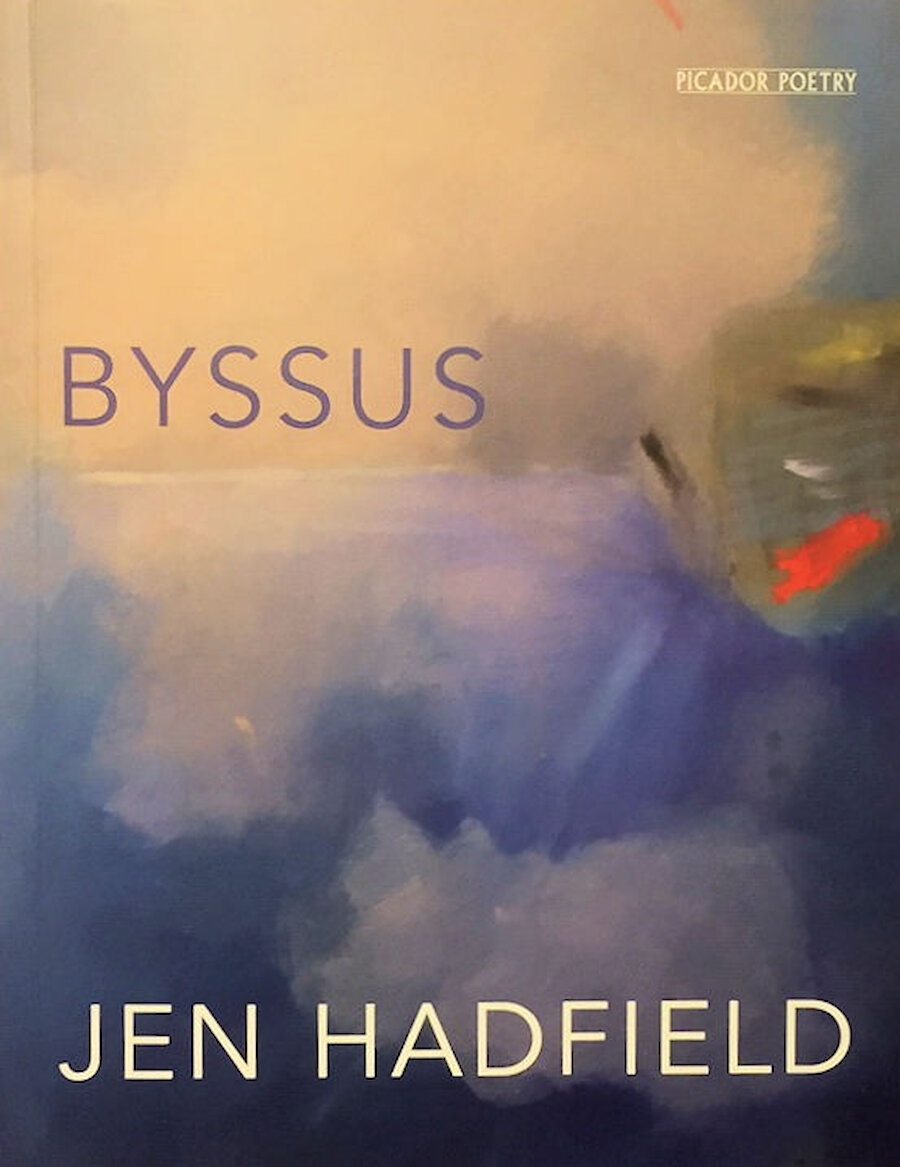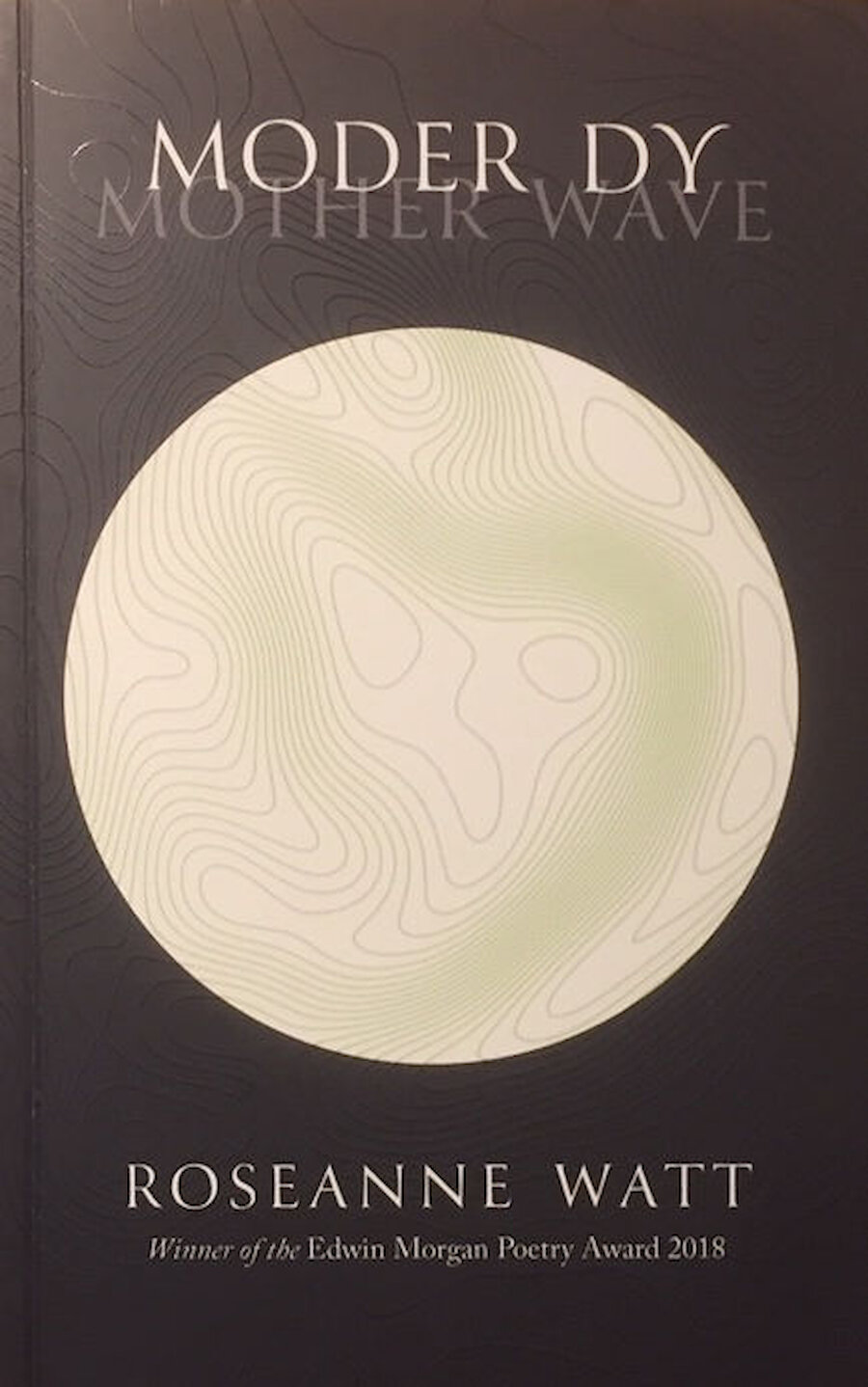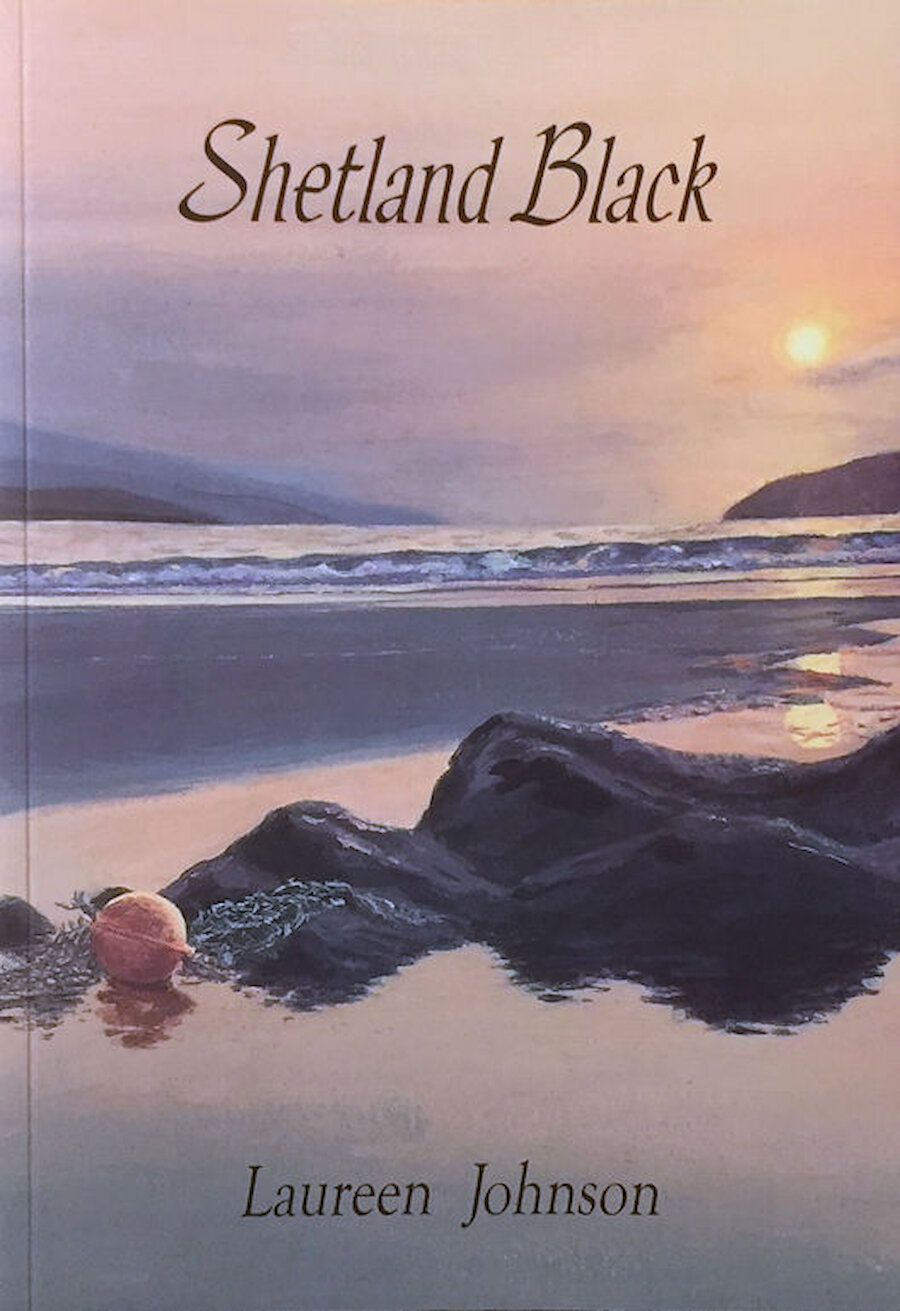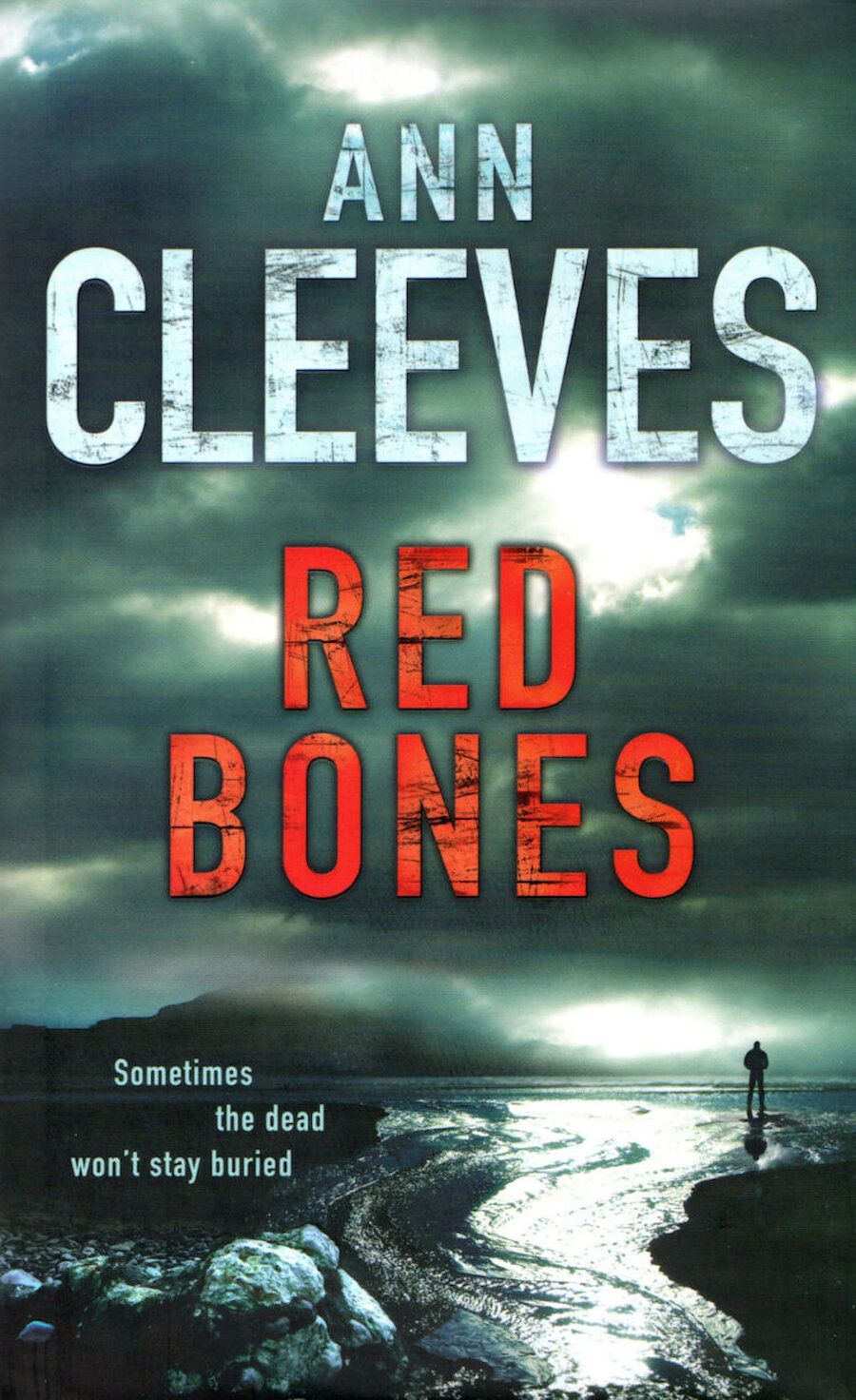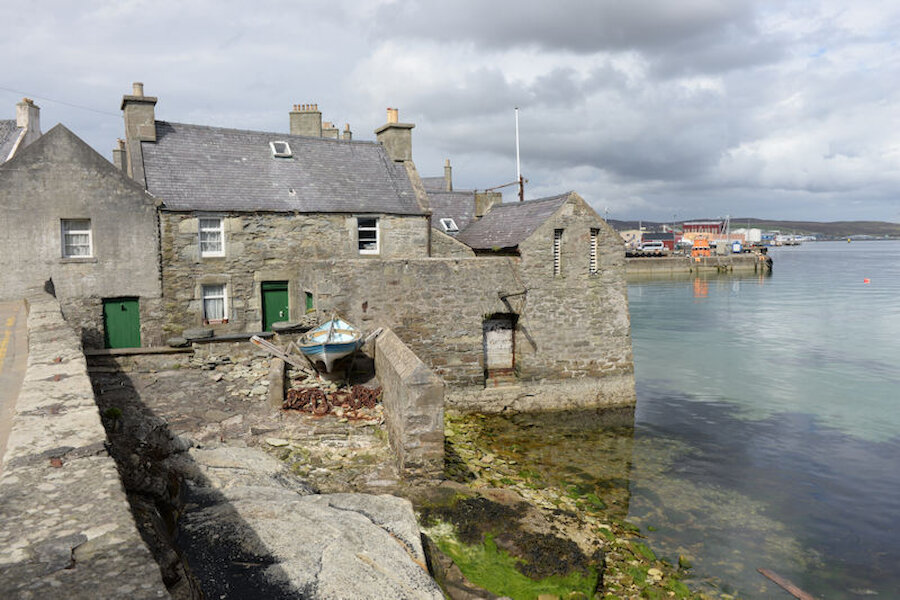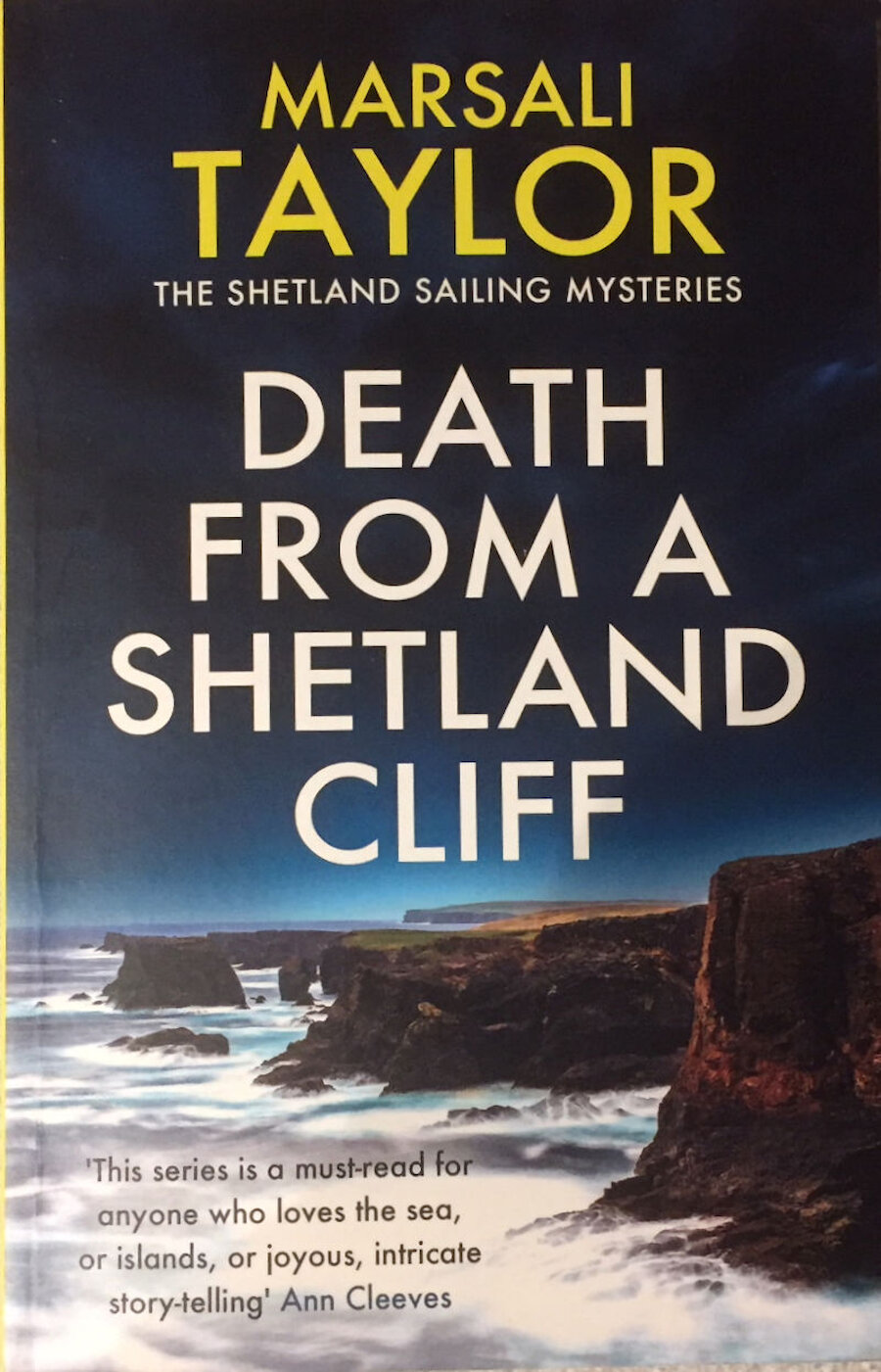Had Anderson lived longer, perhaps he might have produced a body of work to equal that of an acknowledged master of Shetland literature, J J Haldane Burgess (1862-1927). Today, we’re annually reminded of him by the words he wrote for the Up Helly A’ song, but there is much, much more to his work. Born in Lerwick, he lived in the town all his life, except when he was at university in Edinburgh; before going there, he had already written the first book ever printed in Shetland.
A linguist whose portfolio included Esperanto, he accomplished what he did despite going blind while still a student. He found rich stimulation for innovative dialect writing in the lives of working people and drew on Scandinavian inspiration, too. In his outstanding Rasmie’s Büddie, he created a collection of dialect writing, and a character, that influenced not only his immediate contemporaries but also those who came after him.
The next major figure in the Shetland literary landscape was not from the islands. Hugh MacDiarmid (1892-1978) was the pen-name of Christopher Grieve. A native of Dumfriesshire, he and his second wife, Valda Trevelin, lived in Shetland from 1933 until he was called to work in a munitions factory during the Second World War. They rented a cottage on the island of Whalsay that’s still known as the Grieve House. Of all the novelties of Shetland life, it was the landscape that stimulated his best work, including On a Raised Beach. Here’s a short extract:
Deep conviction or preference can seldom
Find direct terms in which to express itself.
Today on this shingle shelf
I understand this pensive reluctance so well,
This not discommendable obstinacy,
These contrivances of an inexpressive critical feeling,
These stones with their resolve that Creation shall not be
Injured by iconoclasts and quacks. Nothing has stirred
Since I lay down this morning an eternity ago
But one bird.

